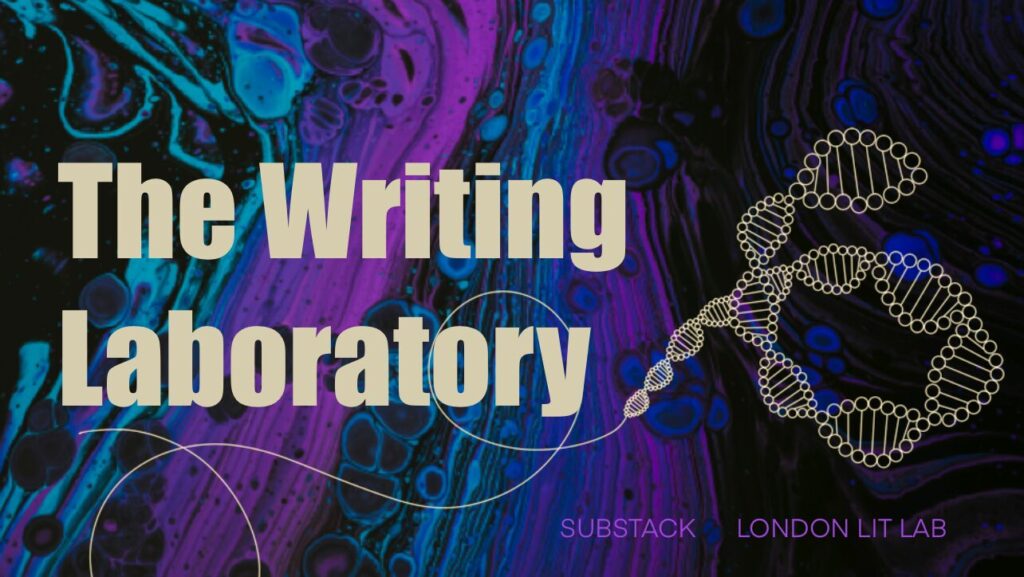Memoir is a bit of an anomaly in the publishing world, because it is categorised as nonfiction, but many memoirs are written like novels, concerned with character, suspense, action and a narrative arc, and can be equally enigmatic. But when a writer comes to sell a memoir to a publisher, she will often sell it on proposal only. This is an approximate 50-page document, which will capture the idea – or concept, the central themes of the memoir, place it in its marketplace, demonstrate why this writer needs to be the person to write this book, with generally three sample chapters to show that this writer can write, and hopefully write well. This process relies very much on the narrative being concept-driven, with themes strong enough to ping off the page. Something that an editor can see having universal appeal. In other words, not just the story of somebody’s life.
A novel, on the other hand, is often sold on its entire manuscript and an accompanying one- or two-page synopsis. The novel idea does not only have to be reduced to a USP, as the writer has a chance to win over the editor with her storytelling.
But memoir is not straight nonfiction. Yes, it’s based on a person’s life, and deals with fact, and bare truth, those events that actually happened. But it is also incredibly personal, probing and difficult to write – and the process itself often dictates the end result. In other words, it is quite difficult to know what you are going to write about until you have written at least a first draft. There is a process in memoir, I find, that demands you as writer have a certain level of self-awareness, that you can stand apart from your experience and see its greater power – its ability to touch people’s lives. This, for many, does not come immediately.
That’s unless you have a strong cracking concept-led idea that stands apart from anything else that has ever been written before. I can think of a few that have been published recently: Marina Benjamin’s Insomnia, which looks deeply at this common problem, not necessarily as a disorder but as an opportunity to better understand ourselves and our creativity. Luke Turner’s Out of the Woods takes us to those wild places of refuge to come to terms with the tensions of being bisexual and the expectations of a religious family and a hostile community. Adrift by Miranda Ward is all about that in-between state of almost motherhood. But did these writers wake up with this already formed idea, put it on the page, and Hey Presto! – they had their commission? I think it’s more likely they had something close to this idea, enough for an editor to see potential, and it developed as they went diving into the writing process itself.
I recently sold my memoir on proposal, but I had already written the entire book, about three times in fact. Sins of My Father, a daughter, a cult, a wild unravelling, has been living with me for quite a few years and because of the personal nature of the content – about my enduring love for a delinquent father – I could not imagine selling it on its idea alone. I had to write it and live with it and give myself up to the transformative power of that journey. In the end the long process of this book’s evolution changed me and my perspective on my relationship with my father, which in turn became crucial to the story.
As a novelist, I didn’t realise I had to write a proposal until I found myself for the first time in my literary career without an agent (my previous agent didn’t believe in this book, and we decided to part ways). But with the help of a brilliant mentor, I wrote my proposal and in the process it helped me better distil the themes in my book. When I caught the attention of Cathryn Summerhayes at Curtis Brown, who was very excited to represent me, I felt the proposal must be working! Cathryn knew I had the entire book written, but we decided to sell it on the proposal anyway, which was to be expected by nonfiction editors, and she was right – because in the first week of submission, the excellent editor and publisher at Weidenfeld & Nicolson, Jenny Lord, got in touch to meet with me. I was thrilled to hear the ideas that the proposal had inspired in her, and so our collaborative relationship began.
So, I suppose I’m coming round to saying that even though memoir is closely aligned with the novel, and like writing a novel it involves a lot of private and painstaking reckoning with oneself and the writing process in order to find the story, I also found the process of writing a proposal crucial. It helped me take that final leap away from my experience and see it as something separate. Battling with the challenge of distilling a life down to a few concepts, a few sentences even, really helped me imagine my story, my book in telling that story, on a bookshelf, and in this imagining, it helped me take the whole project more seriously. I stepped up, and I thought about the way this memoir might help other people’s lives, as it had helped mine.
I will be discussing more of this on my How to Write a Compelling Memoir Proposal online course starting in November. And the brilliant agent Ben Dunn, will be leading a 2-hour masterclass on pitching and proposal writing more generally, for fiction and nonfiction also in November, details here. I’ll be joining him, and we’d love to see you there.
Sins of My Father, A Daughter, A Cult, A Wild Unravelling, will be published by Weidenfeld & Nicolson in March, 2022. You can pre order here


